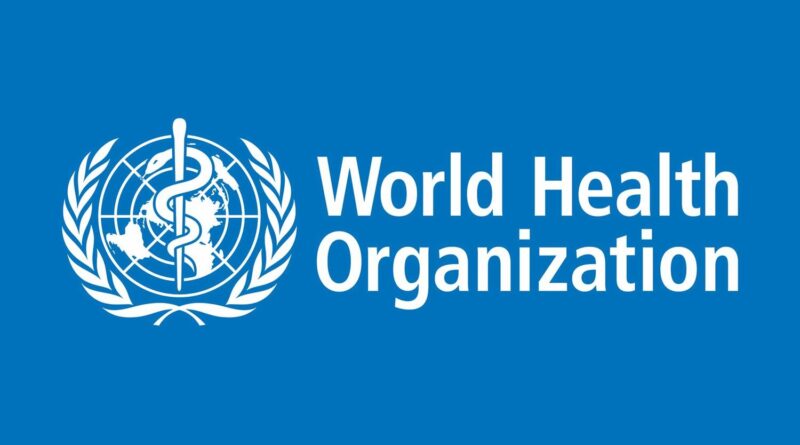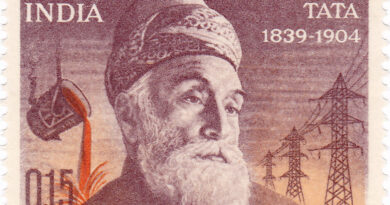Coronavirus strain (B.1.617 variant) labels by the WHO as a variant of concern
On Monday the WHO World Health Organisation official reclassified the highly contagious triple mutant covid variant in India as a “variant of concern”. Also indicating that it has become a global health threat. Last October, the B.1.617 variant of Covid-19 first founded in India, is more easily transmitting – said UN agency. This Covid -19 variant is rapidly spreading in India. Currently, India is facing an explosive outbreak of this contagious variant. Hence classified as a matter of concern by the WHO.
The WHO’s lead on Covid-19, Maria Van Kerkhove, says “There is some available information to suggest increased transmissibility of the B.1.617. As such, we are classifying this as a variant of concern at the global level,”.
At the present time, the Indian strain, B.1.617 strain, designated as the fourth VOC by the WHO. This strain suspected to have three sublineages. Earlier the health agency already designated B.1.1.7, originally detected in the UK and now believed to be the most prevalent in the US as VOC’s. Secondly, B.1.351 first found in South Africa, as VOCs. Lastly, the P.1 variant, originally detected in Brazil, also as VOCs.
According to science direct, the B.1.617 genome actually possesses at least 13 different mutations. But according to other methodologies, many others have also been identified. Meanwhile, the main focus is on E484Q and L452R mutations.
The three mutations founded at positions 484,452, and 681 are the mean reason for concern. As they walk together which might make the B.1.617 variant more transmissible. When compared with the original SARS-CoV-2 strain. Currently, further studies are conducted on finding the effect of this on several parts of the body.
Do read related blogs : Sinopharm, China made Vaccine: Approved By WHO





Pingback: Kidney Disease / CKD ( Kidney Failure ) / Dialysis - NOVASIE
Pingback: Gap between two Covishield doses widened to 12-16 weeks
Pingback: Covaxin and covisheild 50% less effective in India (B.1.617 variant)